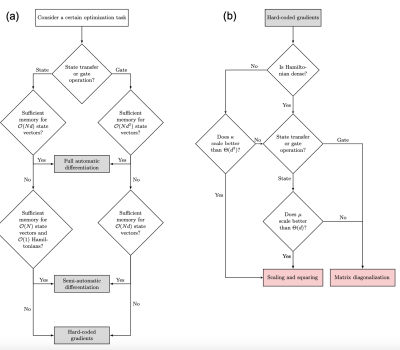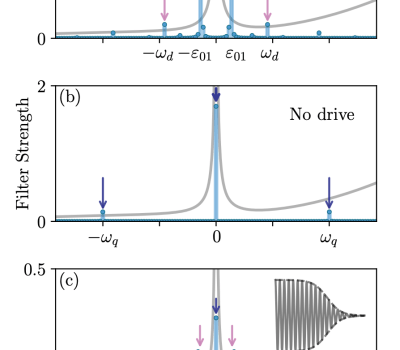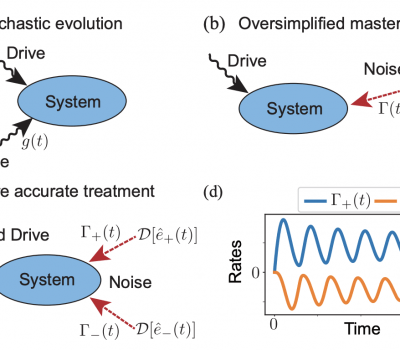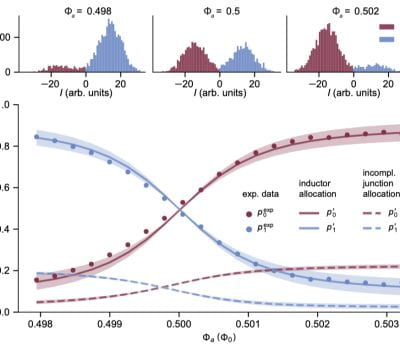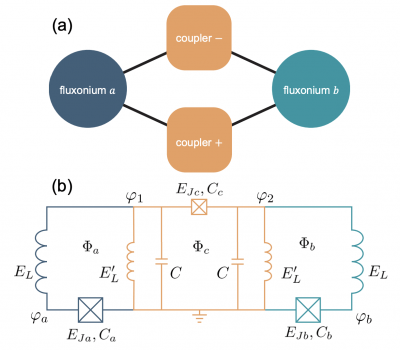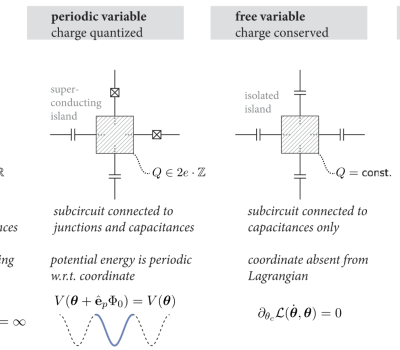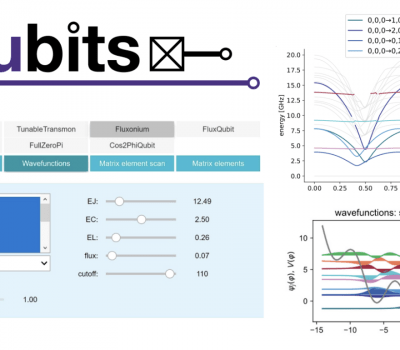Quantum information processing has spurred interest in quantum optimal control for tasks such as state preparation, error correction, and realization of logical gates. Gradient Ascent Pulse Engineering (GRAPE) is a prominent technique for implementing quantum optimal control by adjusting parameters to minimize infidelity in state transfers or gate operations using gradient descent. Many efforts have […]
Uncategorized
New arXiv Preprint: Completely Positive Map for Noisy Driven Quantum Systems Derived by Keldysh Expansion
Decoherence errors, caused by the interaction of quantum systems with their environment, pose a major challenge for the practical implementation of quantum computing. Accurately modeling these errors is essential for analyzing and improving gate fidelities. While Lindblad master equation and its several generalizations have been proposed, there is still ongoing exploration for simpler and more […]
New Quantum publication: Simple master equations for describing driven systems subject to classical non-Markovian noise
Together with theory collaborators from UChicago we analyze driven quantum systems subject to non-Markovian noise. These systems are typically difficult to model even if the noise is classical. We present a systematic method based on generalized cumulant expansions for deriving a time-local master equation for such systems. This master equation has an intuitive form that […]
New Editor’s Suggestion Phys. Rev. Applied publication: Time-Dependent Magnetic Flux in Devices for Circuit Quantum Electrodynamics
The use of time-dependent flux is ubiquitous in the context of circuit quantum electrodynamics. It is critical to accurately model time-dependent flux in circuit Hamiltonians, which is what Xinyuan at al. did in our previous work. Working with Houck lab in Princeton, we provide experimental verification of what the flux allocation should be in the […]
New PRX QUANTUM Publication: Fast High-Fidelity Gates for Galvanically-Coupled Fluxonium Qubits Using Strong Flux Modulation
Along with coworkers from the Schuster lab at UChicago, we introduce a coupling scheme for low frequency fluxonium qubits that allows for high-fidelity entangling gates. Long coherence times, large anharmonicity and robust charge-noise insensitivity render fluxonium qubits an interesting alternative to transmons. Recent experiments have demonstrated record coherence times for low-frequency fluxonia. Here, we propose […]
Open-access publication in New J. Phys.: Computer-aided quantization and numerical analysis of superconducting circuits
We present a formalism to quantize a general superconducting circuit with Josephson junctions. The formalism is amenable to an algorithmic implementation and we present an extension Circuit to the scqubits package which deals with a generic superconducting circuit. This algorithm is able to identify all the degrees of freedom and their boundary conditions. Moreover, the non dynamical […]
New arXiv preprint: Simple master equations for describing driven systems subject to classical non-Markovian noise
Together with theory collaborators from UChicago we analyze driven quantum systems subject to non-Markovian noise. These systems are typically difficult to model even if the noise is classical. We present a systematic method based on generalized cumulant expansions for deriving a time-local master equation for such systems. This master equation has an intuitive form that […]
New arXiv preprint: Fast high-fidelity gates for galvanically-coupled fluxonium qubits using strong flux modulation
Along with coworkers from the Schuster lab at UChicago, we introduce a coupling scheme for low frequency fluxonium qubits that allows for high-fidelity entangling gates. Long coherence times, large anharmonicity and robust charge-noise insensitivity render fluxonium qubits an interesting alternative to transmons. Recent experiments have demonstrated record coherence times for low-frequency fluxonia. Here, we propose […]
New arXiv preprint: Computer-aided quantization and numerical analysis of superconducting circuits
The development of new superconducting circuits and the improvement of existing ones rely on the accurate modeling of spectral properties which are key to achieving the needed advances in qubit performance. Systematic circuit analysis at the lumped-element level, starting from a circuit network and culminating in a Hamiltonian appropriately describing the quantum properties of the […]
Open-access publication in Quantum: Scqubits: a Python package for superconducting qubits
scqubits is an open-source Python package for simulating and analyzing superconducting circuits. It provides convenient routines to obtain energy spectra of common superconducting qubits, such as the transmon, fluxonium, flux, cos(2ϕ) and the 0-π qubit. scqubits also features a number of options for visualizing the computed spectral data, including plots of energy levels as a function of external parameters, […]
